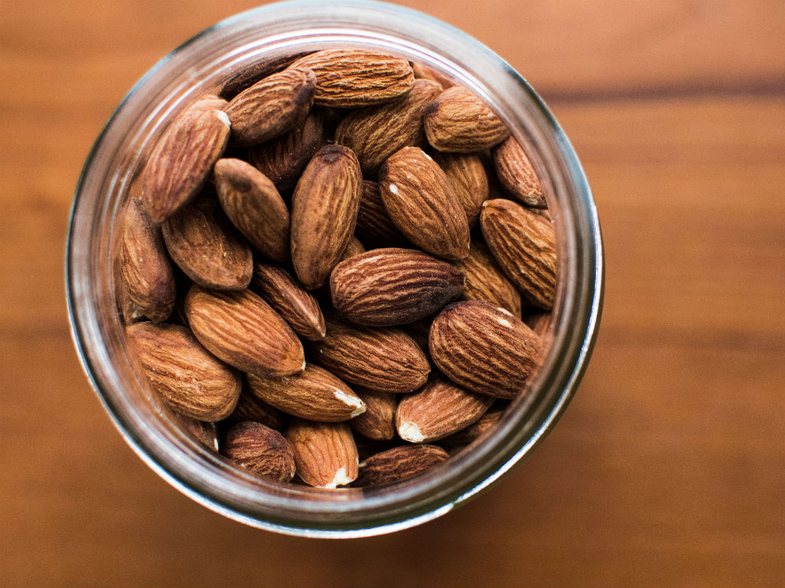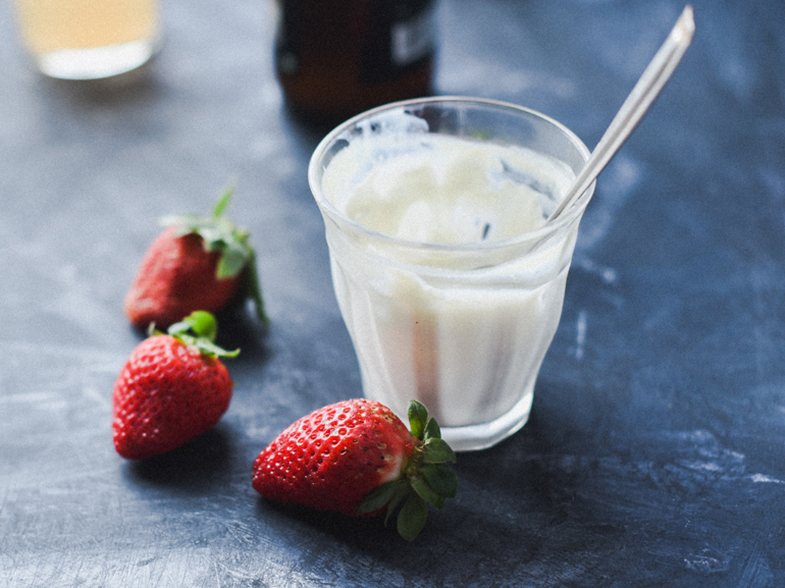
To be productive at work, it seems that not only planning tasks or meetings is enough, but also a healthy lifestyle. A balanced diet in taste and nutritional value is necessary for you who want to increase productivity at work.
Foods rich in probiotics, protein, anti-oxidants, vitamins, minerals, healthy fats and complex carbohydrates in your daily diet not only nourish your body effectively, but support concentration and efficiency in every day of your work.
Here are these foods:
-Avocado
Avocado is not only good for maintaining a normal body weight, but also a source of potassium, which supports muscle and nerve function. Polyunsaturated fats are beneficial for heart health and help reduce inflammation.
-Almond

Almonds are rich in magnesium, a nutrient that plays a key role in nerve transmission and sleep regulation. This mineral is essential for relaxing muscles and nerves, helping to reduce stress and therefore improve concentration and information processing.
- Salmon
In addition to omega-3, salmon is an excellent source of vitamin D, which helps regulate mood and reduce anxiety and depression.
- Bananas
Bananas are rich in tryptophan, an essential amino acid that the body converts into serotonin, a neurotransmitter that regulates mood and promotes feelings of well-being.
- Dark chocolate
Dark chocolate contains theobromine, a compound that can improve concentration, attention and increase productivity. Additionally, the flavonoids in dark chocolate have anti-oxidant and anti-inflammatory effects, which may protect the brain from many diseases.
-Spinach
In addition to iron and magnesium, spinach is rich in lutein and zeaxanthin, antioxidants that protect the brain from inflammation and daily stress.
-Pumpkin seeds
These seeds are high in protein and their consumption helps improve communication between brain cells, supporting cognitive function and increasing concentration throughout the day.
- Greek yogurt

Greek yogurt contains fatty acids that can cross the blood-brain barrier and positively affect cognitive function. This food provides protein that supports the building, thus helping to maintain high cognitive abilities and increase productivity during the day.
- Berries
Berries are rich in antioxidants such as anthocyanin and vitamin C, which protect the brain from premature aging. In addition, berries are a source of natural sugars, providing sustained energy without spiking blood glucose levels.
- Quinoa
Gluten-free and high in protein, quinoa provides all the amino acids needed for the synthesis of neurotransmitters in the brain. Quinoa is both a good source of magnesium and iron, minerals important for brain health and the regulation of cognitive functions.
Suggested articles:





